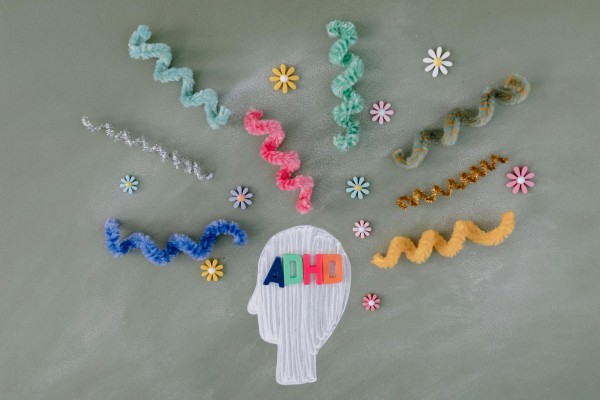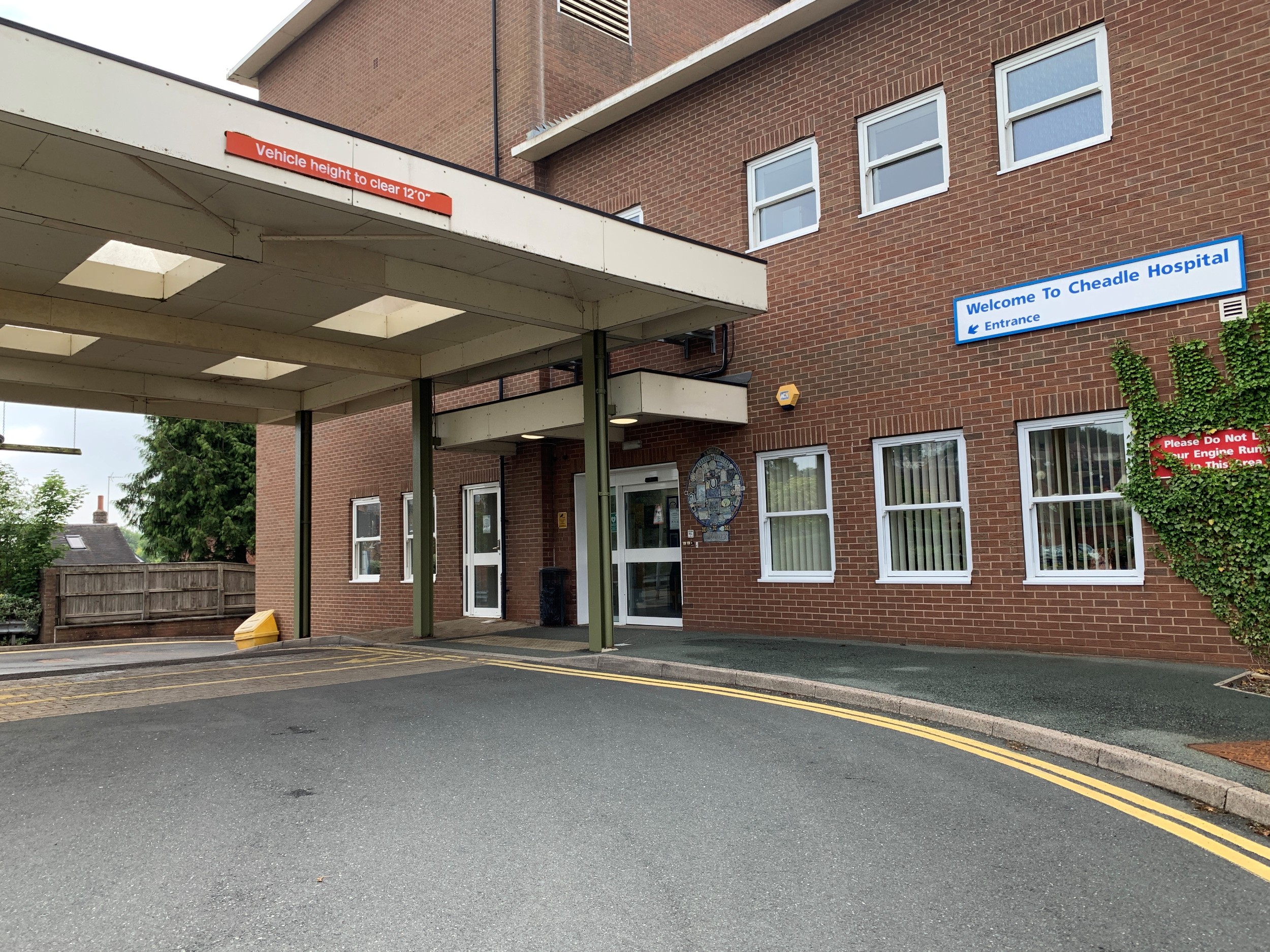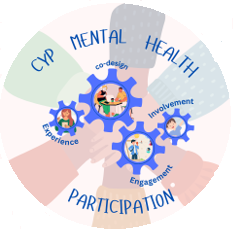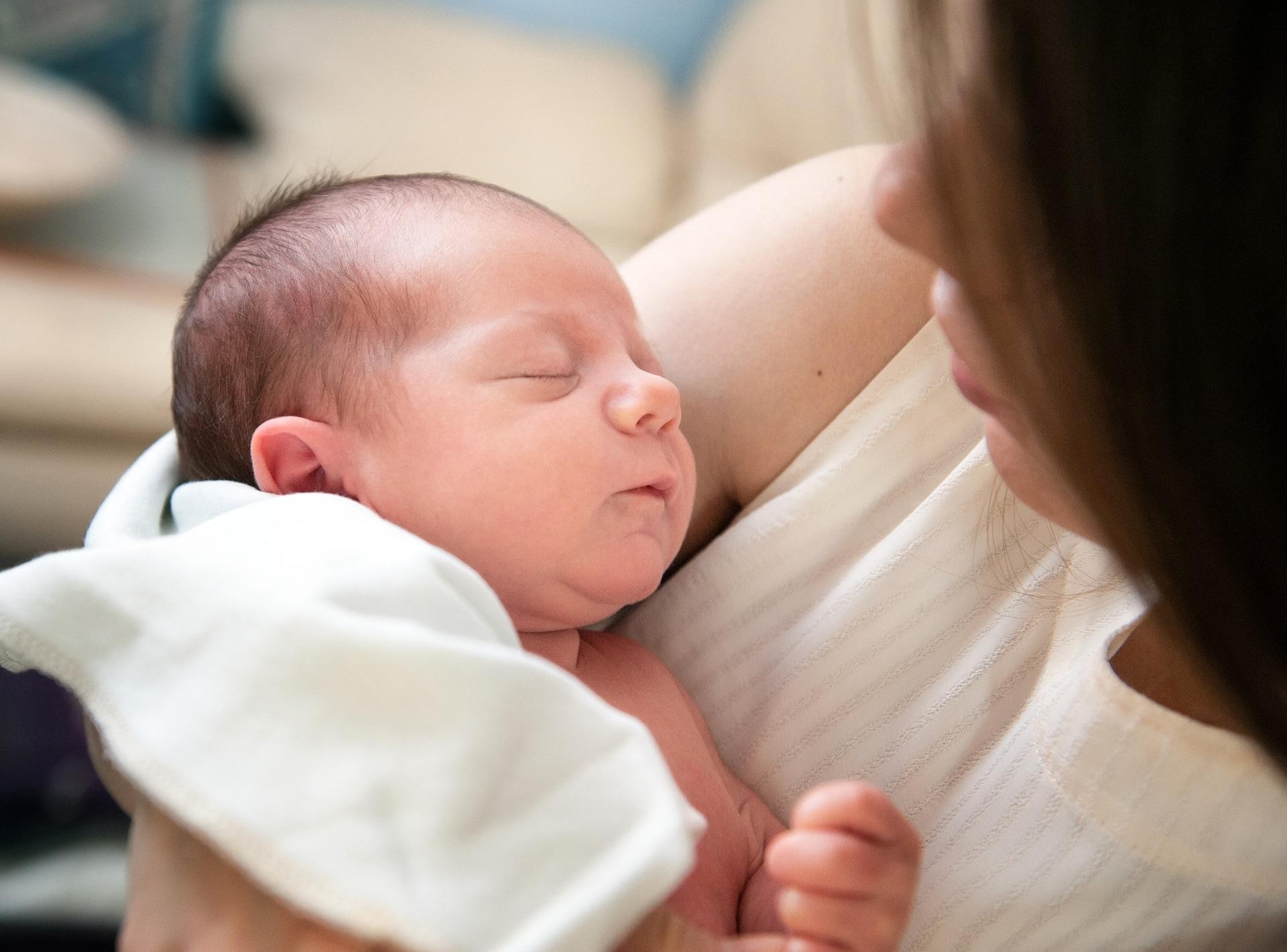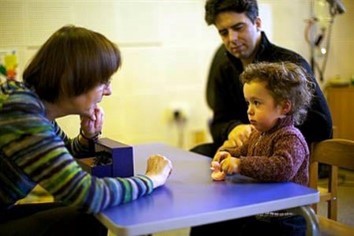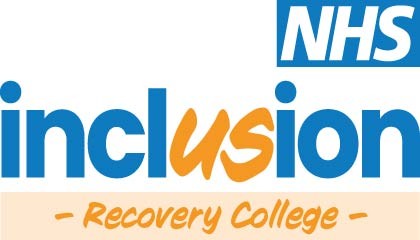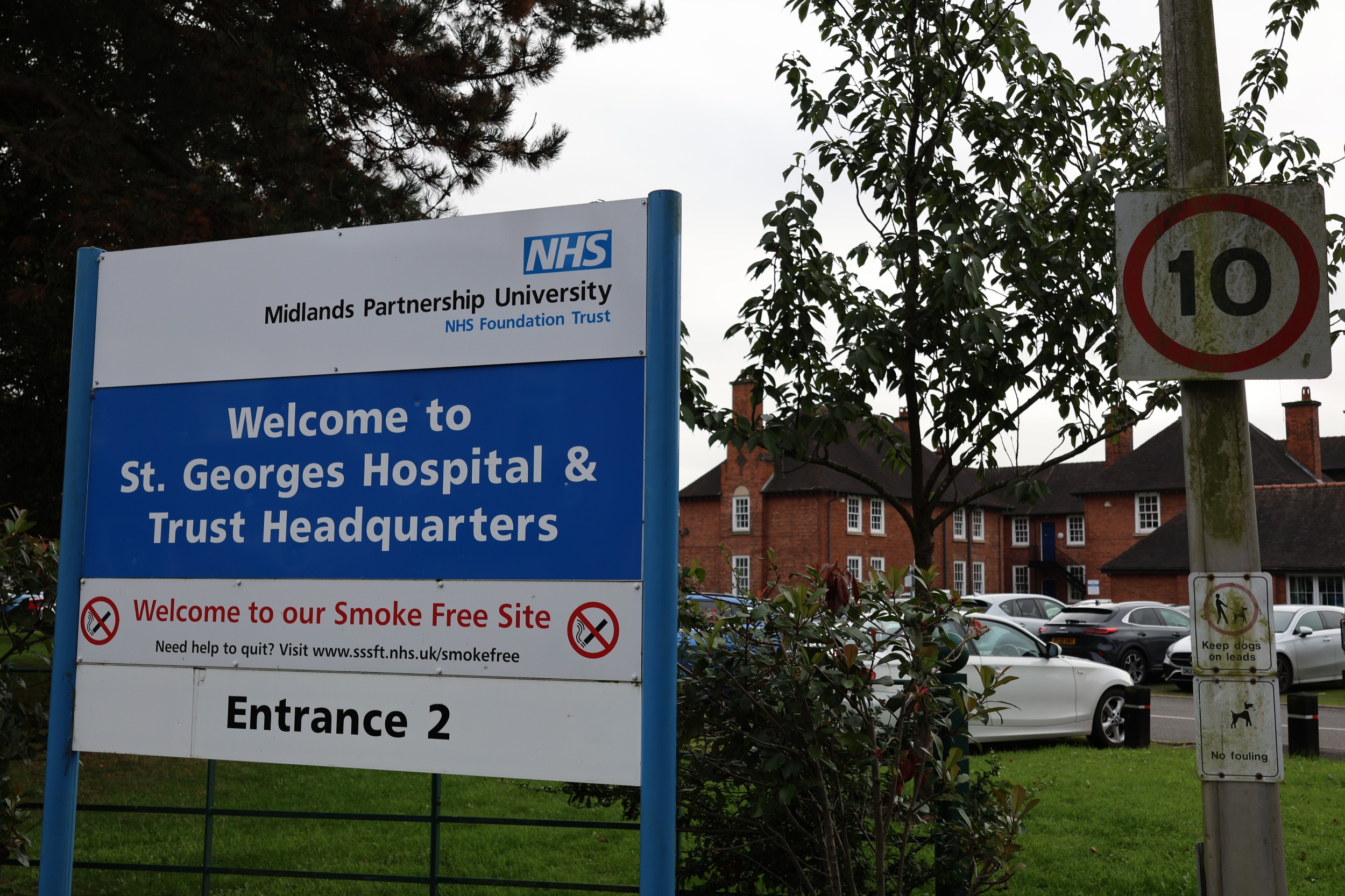Why might a child be seen by us?
Our Community Paediatrics Team is here to support children and young people with a range of developmental and health needs. We provide expert assessment, diagnosis, and ongoing care for those experiencing developmental delays and neurodevelopmental conditions, helping them reach their full potential.
As part of our service, we also:
- Offer medical advice for Education, Health, and Care Plans (EHCPs) to ensure children receive the right support in their learning environment.
- Provide guidance and resources to parents and carers, helping them better understand conditions linked to developmental delay and neurodevelopmental disorders.
- Carry out medical assessments related to child protection, ensuring the well-being and safety of children in our community.
- Complete Initial Health Assessments for children referred by the Local Authority.
We believe in a collaborative approach, working closely with schools, early years services, social care, voluntary organisations, and other healthcare professionals to create the best possible support network for every child.
Because every child deserves the chance to thrive.
What does our service offer?
Every child is unique, and our support is tailored to their individual needs. Our experienced clinicians provide specialist advice, arrange medical tests when necessary, and work closely with other professionals to ensure children receive the best possible care.
We collaborate with a range of health professionals, including:
- Health Visitors
- School Nurses
- GPs
- Physiotherapists
- Speech and Language Therapists
- Clinical Psychologists
- Child and Adolescent Mental Health Service (CAMHS) specialists
- Hospital-based experts
We also provide medical advice to professionals in education and social care, working with Early Help teams and school Special Educational Needs Coordinators (SENCos) to support children in their learning environment.
Additionally, we:
Our goal is to work together with families and professionals to ensure that every child gets the support they need to thrive.
